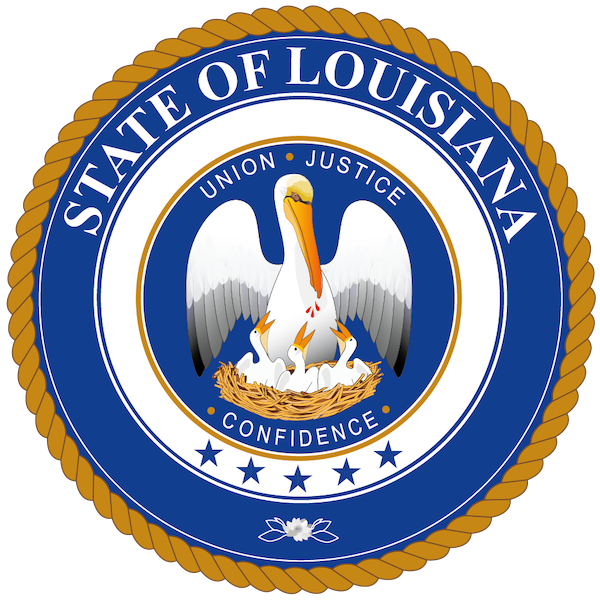-
Who must be licensed under this Act?
Those persons who engage in the business of selling checks and/or transmitting money as a service or for a fee. “Person” means any individual, partnership, association joint stock association, trust or corporation but does not include the United States government or the government of this state.
-
Who is eligible for a license?
The applicant shall meet the following requirements:
- If new applicant, a business plan must be submitted including anticipated volume and number of locations. The commissioner shall determine the required bond for the applicant but in no case shall it be less than $25,000.
- The applicant must have a net worth of $100,000.
- The applicant must exhibit financial responsibility, business experience, character, and general fitness in order to warrant the commissioner to believe that the applicant’s business will be conducted honestly, carefully, and efficiently.
NOTE: Individuals wishing to become agents or subagents of a licensee (sell money orders at their business on behalf of a licensee) must contact the licensee in order to be appointed as such. NO LICENSE is required of any agent or subagent of a licensee. You can request a list of licensed entities from this office to become an agent or subagent.
-
How much does a license cost?
An application fee of $800 plus an additional fee of $25 for each location in the state from which the applicant intends to sell checks up to a maximum of $3,000.
-
What are the bonding requirements?
For the initial year of licensure, a minimum $25,000 bond or higher as deemed appropriate by the commissioner based upon the applicant’s initial business plan.
The bond required by licensees whose license is being renewed shall be one-half of the outstanding checks as shown on the annual report. In no case can the bond be less than $25,000 and in most cases not to exceed a maximum of $500,000.
-
When are the renewal fees due?
The license granted shall be for the period commencing on April 15 and ending on April 14 of the following year of initial licensure or renewal or a previously issued license. No initial license shall be prorated based upon the number of months the license is in effect.
-
May an applicant operate while waiting for licensure?
No person shall engage in the business of selling checks or money transmission as a service or for a fee without first having obtained a license from this office.
-
May a licensee operate in more than one location?
Yes, and a fee of $25 is required for each location up to the cap of $3,000.
-
Who are the people with whom I will be interacting?
Chief Examiner Michelle Jeansonne, oversees all operations in the Non-Depository Division. The following staff members handle the following money transmitter areas:
Donlyn Polito, Deputy Chief Examiner of Licensing Section
Donald Fontenot, Deputy Chief Examiner of Examinations
Kellie Mule, Deputy Chief Examiner of Examination Review and Complaints
Of course, all OFI employees are willing to assist you in any way possible. If you have any questions, please contact OFI at 225-925-4660.
Virtual Currency Business Activity Information
2025 Legislative Summary and other information
Licensed Lender Annual Report Information - 2024
Licensed Lender Annual Report Information and Documents for 2024 Reporting
- Depository
- Non-Depository
- Record Requests
- Custodian of Record
- Bond for Deed
- Check Cashers
- Consumer Loan Brokers
- Insurance Premium Financing
- [Column Break]
- Licensed Lenders
- Money Orders/Transmitters
- Virtual Currency Business Activity
- Notification Filers
- Pawnbrokers
- [Column Break]
- Payday Lenders
- Private Education Lender Registration
- Repossession Agencies/Agents
- Residential Mortgage Lending
- NMLS
- Securities
Links from the OFI website to other websites are provided solely as a convenience to visitors. If you use these links, you will leave the OFI website.
OFI does not have any responsibility or control over any of these external websites, their content, or their privacy policies. We do not endorse or make any representations about third-party external websites, including any information, products, materials, or results that may be obtained from using them.
If you decide to access any of the linked third-party websites, you do so solely at your own risk. You are encouraged to review the privacy notice for each linked website.
- Non-Depository
